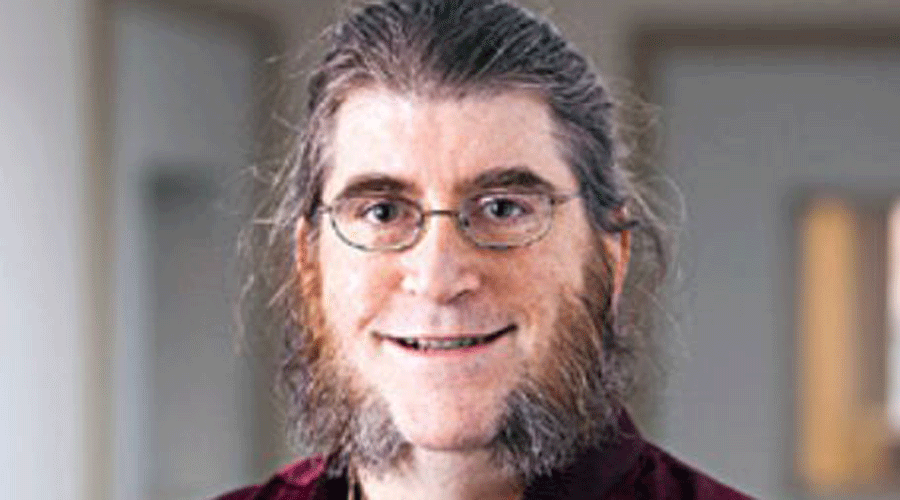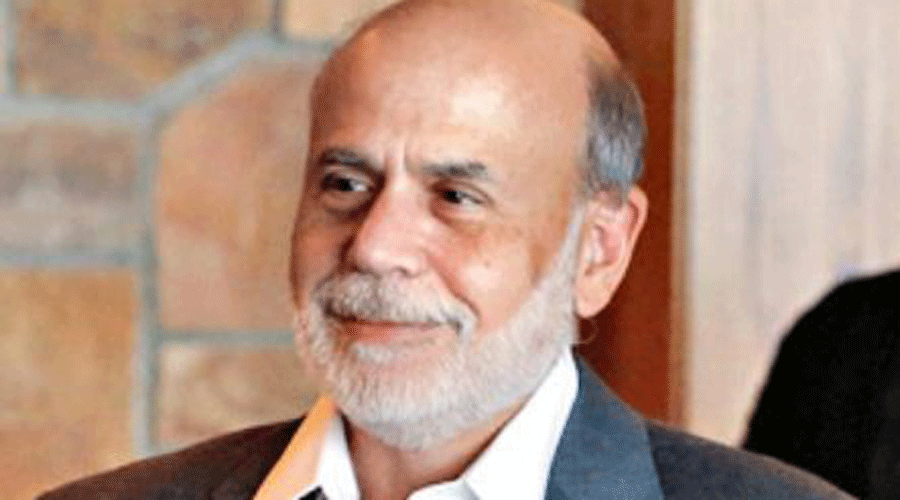The Nobel Memorial Prize in Economic Sciences was awarded on Monday to Ben S. Bernanke, the former Federal Reserve chair, and two other academics for research into banks and financial crises.
Douglas W. Diamond, an economist at the University of Chicago, and Philip H. Dybvig at Washington University in St. Louis won the prize alongside Bernanke, who is now at the Brookings Institution in Washington.Bernanke in 1983 wrote a paper that broke ground in explaining that bank failures can propagate a financial crisis rather than simply being a result of the crisis.

Douglas W. Diamond. File picture
Diamond and Dybvig the same year wrote a paper on the risks inherent in maturity transformation, the process of turning short-term borrowing into long-term lending.
Diamond also wrote about how banks monitor their borrowers, noting that knowledge about borrowers disappears upon bank failures, extending the consequences of the upheaval.
“The laureates have provided a foundation for our modern understanding of why banks are needed, why they’re vulnerable, and what to do about it,” said John Hassler, an economist at the Institute for International Economic Studies at Stockholm University and a member of the prize committee.

Philip H. Dybvig. File picture
Diamond spoke by phone at the news conference announcing the prize.
Asked whether he had any warnings for banks and governments today, at a time when markets have been in turmoil as central banks around the world raise interest rates to fight rapid inflation, Diamond said that financial crises become worse when people begin to lose faith in the stability of the system.
“In periods when things happen unexpectedly — like, I think many people are surprised how rapidly nominal interest rates have gone up around the world — that can be something that sets off fears in the system,” he said.
“The best advice is to be prepared... and respond in a measured and transparent way to changes in monetary policy.”
But he added that the world is better prepared for any financial upheaval now than it was during the financial crisis in 2008, because “recent memories of that crisis” and regulatory improvements have made the banking system less vulnerable.
He noted, however, that the vulnerabilities that he and Dybvig have identified extend beyond banks, and can bubble up in other parts of the financial system, like insurance firms or mutual funds.
NYTNS










